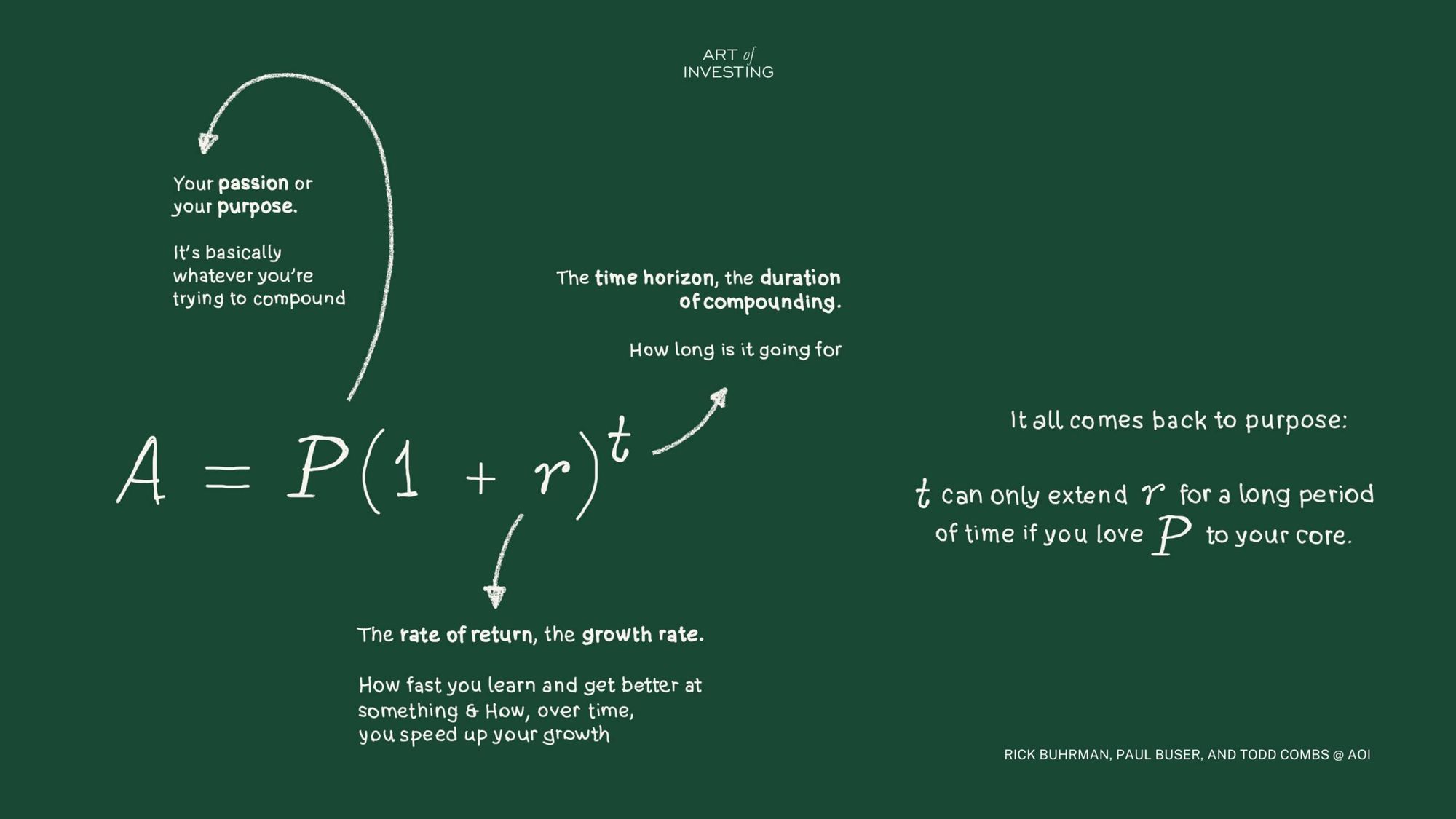Why I dropped out of Oxford

Three years ago, my life was a portrait of success—I was studying at Oxford, about to start a career in investment banking.
But beneath this veneer, I was a shell. Profoundly empty.
In my search for escape, I turned to drugs as a desperate attempt to fill the void.
Until, something changed…
I found a purpose.
A purpose so strong that it got me sober, made me drop out of Oxford, and dive into a space I had zero prior experience or knowledge about: startups.
This had nothing to do with me solving a specific problem either; instead, it was driven by wholly abstract frameworks.
People called me crazy.
Maybe I am.
Have a read and decide for yourself…
Josh, the investment banker
This story begins when I was 16, on the cusp of graduation, utterly clueless about my future. After binge-watching Suits, inspired by Mike Ross, I thought law looked like great fun, so I applied to study it (yes, I’m serious).
But, during my first week at Oxford, doubts already began to seep in. It didn’t take long before I was hit with a stark realization: I hated law.
Caught in the all-too-common student dilemma, I was certain about what I didn’t like, yet clueless about what I did like.
A million potential career paths lay before me, but I had no idea which one to choose. There was one path, however, distinctly clear and well-trodden — investment banking.
The college environment intensified its appeal: students packed shoulder to shoulder, all competing for the same prestigious internships. Ambitions spread contagiously, transferring from one student to another through osmosis, creating a self-perpetuating cycle of memetic desire.
Surely, not everyone could be intensely passionate about discounted cash flow models?
In my case at least, the motivation was purely financial, and it didn’t take long for me to realise how meaningless this pursuit felt.

From lines of coke to lines of code
Meaning is the feeling that what you’re doing matters.
Purpose, then, is attaching meaning to your actions, making your accomplishments feel meaningful.
Purpose is that sense that we are part of something bigger than ourselves, that we are needed, that we have something better ahead to work for. Purpose is what creates true happiness — Mark Zuckerberg
Finding purpose today is harder than ever. Historically, our purpose was clear —literally not dying. But now, modern life is comfortable, life-threatening challenges are fewer, and the problems we face don’t stir us as deeply.
This became painfully clear as I reflected on how the nature of work has shifted, with it’s impact becoming increasingly abstract — instead of building structures brick by brick that literally save lives, here I was, piecing together financial models in Excel, line by line.
Confronted with this reality, I found myself wrestling with a deep sense of emptiness. Whenever I paused to reflect, a nihilistic whisper echoed within me, insisting that nothing truly mattered. To drown out that voice, I turned to drugs, snorting and ingesting anything I could get my hands on.
Soon, I was deeply ensnared in the throes of addiction.
It was only once I found my purpose, that I managed to escape. So, how did I do this?
I defined and ranked a clear set of personal values.
Values are the broader “why” behind your actions and decisions.
It’s important to distinguish between values and goals: values are infinite, while goals are finite.
Goals can motivate us, but without foundational values, they feel empty—the satisfaction from achieving a goal is fleeting; without a clear ‘why,’ the meaning behind that achievement quickly fades.
So, after reflecting on what mattered to me, I came up with 3 values: impact, self-improvement, creativity.
Value 1: Impact
My first value is impact. More specifically, the positive impact I have on the collective human experience.
Wait a second, you might be thinking—didn’t you just say you were a drug addict going into banking for the money?
Yes, let me explain.
Hedonism used to be my dominant value: minimizing work, maximizing pleasure, and chasing what allowed me to do more of the same—money.
Moment to moment, life was pleasurable, but ultimately, it felt meaningless:
-
-
- Hedonic adaptation set in—no matter how much gratification I received, I always ended up wanting more, perpetually returning to a baseline of happiness.
- Instead of accepting suffering as a necessary part of life, I was constantly chasing more happiness. Because there was always a gap between where I was and where I wanted to be, I was left feeling unhappy.
- Short-term pleasure wasn’t enough to completely numb lack of long-term meaning: Whenever I stopped chasing fleeting pleasures and just sat with my thoughts, I found myself mired in existential depression.
-
So, how I landed on altruism, TLDR: As I’ve mentioned in other articles, my use of psychedelics led me to realize that we’re all transcendentally connected. So, instead of trying to maximize my own personal experience, I should instead aim to better the collective human experience.
Yes, I know, it’s a pretty wild way to rationalize to yourself that helping other people is good, but hey, it worked for me.
So, with this in mind, I reevaluated where to direct my efforts.
I landed on the startup space.
Despite having no experience, I reasoned that startups offer the most leverage— as argued by Naval, through code, capital, employees, and content — making it the best place for an individual to make an outsized impact.
Value 2: Self-improvement
I had just embarked on a journey of holistic self-improvement, and I could see every part of my life getting better because of it.
Finding purpose in the act of improvement is innate to the human condition—we derive meaning from mastering skills, even if those skills have no immediate practical use for ourselves or society.
So, looking at which space allowed me to maximize self-improvement, I reasoned that for the steepest improvement curve, you need:
-
-
- Pain and failure – Hard things create more growth. Startups are ideal because they’re really hard, and the learning feedback loop is quickest, allowing for rapid iteration.
- Risk and uncertainty – With paths that are certain, growth is limited. Corporate jobs, while stable, offer capped downside but also capped upside. This safety net can become a cage, restricting the risks necessary for significant growth.
-
My biggest fear is getting to the end of life and thinking I didn’t live the life I wanted because I could have tried harder… Success is the delta between how hard I tried and how hard I can try — Alex Hormozi
Value 3: Creation
My final value is creation.
I initially doubted my ability to innovate, believing I wasn’t creative enough to go from 0→1. However, my psychedelic experiences led me to a profound realization: I am the universe experiencing itself. So from this, I reasoned that:
- I can bend the universe to my will.
- Creation is quasi-spiritual. You envision a possibility and then actualize it into reality. It is the literal manifestation of the creative potential of consciousness.
For me, the act of company building is my outlet of creation: building beautiful things and putting a piece of myself into the universe.
“When you want something, all the universe conspires in helping you to achieve it” — The Alchemist
So, all my values pointed me towards the startup space. There I was, 19 years old, barely knowing what a startup was, wondering where the hell to start.
Why I dropped out
A major motivation for me to enter the corporate world was optionality. Getting into Oxford or securing a job in investment banking is prestigious, and it helps accumulate future options.
However, I came to realise that pursuing optionality didn’t actually make sense if I wanted to go into the startup space.
How good you are at something is a function of three factors:
-
-
- The rate at which you can learn
- Your passion for what you’re doing — when you love what you do, you naturally work harder, learn faster, and persist longer.
- Time — it exponentially compounds progress.
-

When you switch careers, you lose the compounding benefits of time and often have to start near scratch: knowledge and skills are largely domain-specific.
With this in mind, I reasoned that rather than accumulating optionality—leaving every door open and walking through none—I should instead choose a general direction and iterate. By doing this, I will make fewer directional changes later in my career, where I stand to benefit most from the exponentially compounding effects of progress.
So, putting all this together, my logic was simple: the best way to get better at building is by building. A law degree and an investment banking job isn’t building. Therefore, I should drop out.
I’m not one for half measures 😉
Corporate shouldn't be the default path
My struggle isn’t unique. Graduates today have it harder than ever before.
With technology augmenting our workflows, entry-level tasks are increasingly becoming automated, and the skill gap between university and the workforce is widening: it’s harder than ever to find a job after graduation.
Corporate companies, with their entrenched campus recruiting, offer a clear path to employment. However, just because it’s prestigious and well-trodden shouldn’t make it the default option.
Too many talented, ambitious, and smart young people are putting on suits and analyzing the future instead of rolling up their sleeves and building it.
Before you button up your suit and fasten your tie, reflect on your motivations.
Listen to that little voice in the back of your head: will constantly chasing more money, prestige, and external validation truly make you happy?
Look at your career as an avenue for self-actualization — personal growth, creation, self-expression, and leaving a mark on the world that deeply aligns with who we are.
Follow your heart, take a leap into the unknown, and the universe will catch you.
Your time is limited so don’t waste it living someone else’s life. Don’t be trapped by dogma which is living with the results of other people’s thinking. Don’t let the noise of others’ opinions drown out your own inner voice. And most importantly, have the courage to follow your heart and intuition. They somehow already know what you truly want to become – Steve Jobs

Stay connected
Join me on my journey and follow along as I build beautiful things! Just enter your email below to receive occasional updates on my progress 🙂


